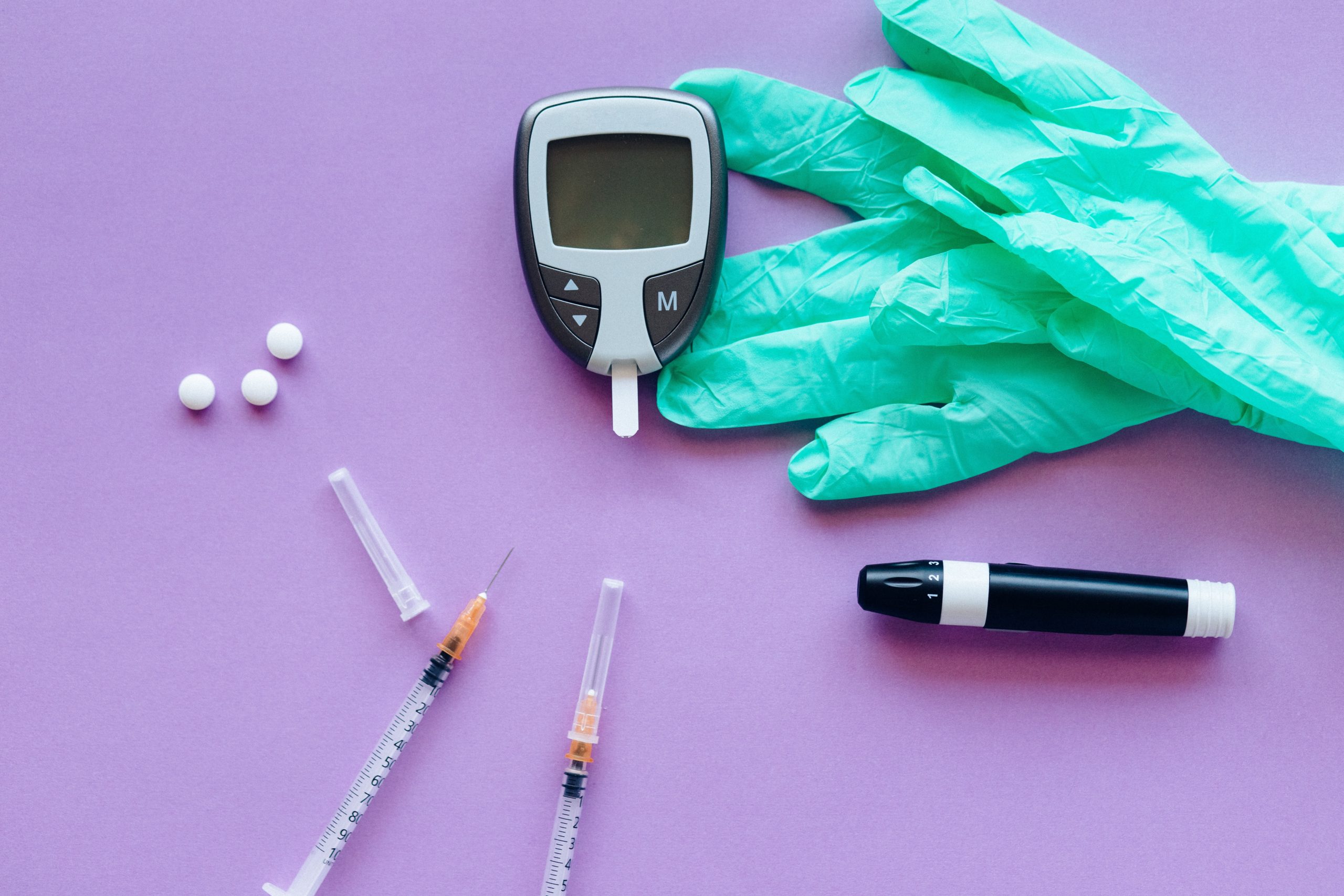What is Diabetes?
Diabetes is a disease that happens when your blood glucose, also known as blood sugar, is too high. Sometimes your body doesn’t make sufficient or any insulin or doesn’t use insulin well. Glucose then stays in your blood and doesn’t reach your cells.
What are the Early Signs of Diabetes?
While type 1 diabetes and type 2 diabetes have distinct root causes and present at distinct age ranges, their signs and symptoms can present similarly.
Let us look at the early sign of Diabetes:
1. Frequent Urge of Urination:
You want to pee very frequently especially at the night. This is the most common early sign of diabetes which should not be ignored. When your blood sugar is high, your kidneys move into overdrive to try to filter the excess sugar out of your system via urination. This condition is known as polyuria.
2. Always Thirsty:
Frequent urination results in your body losing more water than usual that causes dehydration which will make you feel thirsty more often than before. Polyuria and dehydration can initiate a vicious cycle as you start to drink extra water to try to quench your thirst.
3. Increased Hunger
Glucose produced in our body is used as fuel. However, diabetes prevents the body from getting enough energy from food, as insulin problems alter the way the body’s cells absorb glucose. This can cause increased feelings of hunger, even after a meal. This symptom is also known as polyphagia.
4. Weight Loss
The most common early sign of diabetes is weight loss. Unless you are consuming any weight loss compounding medication, this could be a sign that the body’s normal system of breaking down and utilizing glucose as fuel isn’t working as it should.
5. Dry Mouth
Many people with diabetes experience dry mouth. It is believed that it can be related to high blood sugar from diabetes. Most symptoms include dry, sores, cracked lips, infections, and dry tongue.
6. Blur Vision
Having too much sugar in your blood can harm/damage the blood vessels in your eyes. This will blur your vision.
7. Feelings of Fatigue & Exhaustion:
Diabetes can lead to low energy levels, leading to emotions of fatigue and exhaustion. Several elements can cause a person to feel exhausted, so keep an eye out if you feel exhausted have frequent urination, and weight loss. Body and joint pain can also be caused due to diabetes. It is recommended to use pain management compounding medication if you have diabetes-induced pain in joints.
8. Long Period of Healing Time:
When blood sugar levels are high for a long time, they can harm the body’s nerves and blood vessels. This can impair blood circulation. When blood isn’t always able to properly circulate, small cuts and wounds could take weeks or months to heal.
9. Itching and Infections:
An increase in bacterial, yeast, and fungal infections are a sign of diabetes. Yeast is harbored when there’s excess sugar in the blood and urine. Over time, this increase in yeast can cause a yeast infection.
The important factor to prevent diabetes is maintaining a healthy lifestyle. Diabetes levels in the body can be controlled effectively by using compounding medication.





